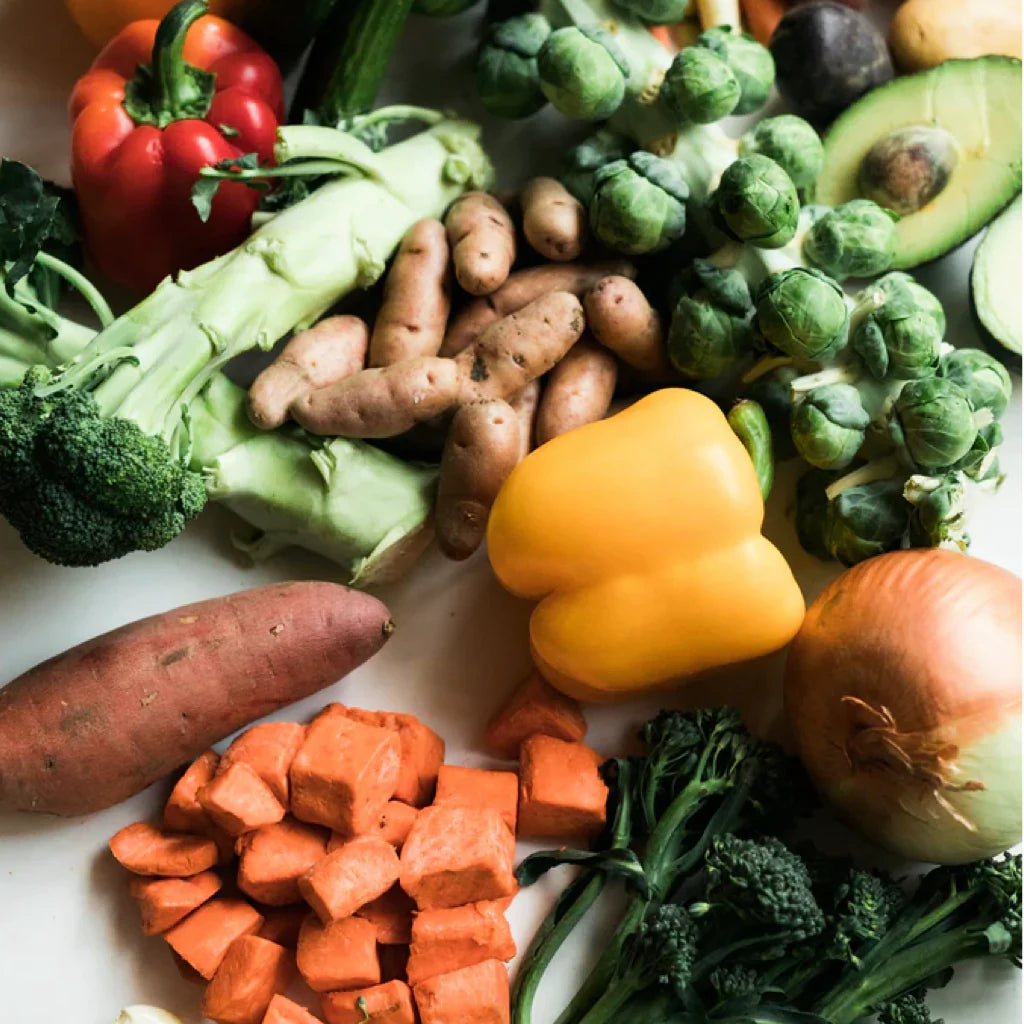
Protein for Vegetarian and Vegan Athletes
Protein is the primary building block of our muscles. They require enough protein to grow and function properly. Protein is even more important for an athlete to keep your muscles working at peak performance. Can you, however, get enough protein from plant-based foods to compete at an elite level? You can meet your protein needs and support muscle growth and repair with a well-planned vegetarian or vegan diet.
Athletes want to eat a plant-based, vegetarian, or vegan diet for a variety of reasons. Some athletes are drawn to the health benefits of eating more plants. Others may choose to live as vegetarians for religious, environmental, or ethical reasons. Whatever your reasons for adopting a more plant-based diet, as an athlete, you must still account for your increased nutrient requirements. When you cut out meat or animal products from your diet, you cut out a major source of protein. As a result, you’ll need to be a little more strategic about how you’ll meet your protein needs with plant-based sources.
The key is to learn about amino acids, which are the building blocks of protein. There are 20 amino acids in the human body, but only 9 of them are essential, which means they must be obtained through diet. Plant proteins are typically deficient in one or more essential amino acids, whereas animal proteins contain all nine amino acids. Many plant foods do contain amino acids that are complementary to one another. This means that one food is high in one amino acid while another is low in another, and the two complement each other. Complementary plant proteins don’t even have to be consumed at the same meal; your body is intelligent enough to obtain the amino acids it requires from the foods you eat as long as you eat a variety of foods.
How do you create a vegetarian meal plan now that you know a few different options for the best protein sources for vegetarian athletes, such as Legumes, Tofu, Nuts, and others? First, determine how much protein you require each day. This should be tailored to your current training schedule, exercise preferences, and other lifestyle factors. In general, most athletes require 1.2-2 grams of protein per kg of body weight per day. High protein foods should be consumed in a variety of meals and snacks throughout the day, and they should be balanced with adequate carbohydrates and fat.
A number of athletes around the world are adopting veganism and this brings us to explore the option of a plant-based protein diet. When mixed martial artist and self defense instructor James Wilks suffered an injury, he used his downtime to venture about the effects of plant-based diets on health, recovery, and athletic performance. His entire exploration of vegan based diet and its effect on athletes was documented in the 2018 documentary film “The Game Changers”. In the documentary, he begins by investigating the vegetarian diet of Roman gladiators before interviewing athletes like Scott Jurek, Patrik Baboumian, Bryant Jennings, and Derrick Morgan who attribute their success to a plant-based diet. The documentary also talks about various other health benefits of plant based diets and the positive impact it has on the environment.
Once you’ve determined your objectives, you can devise a meal plan to help you meet them. However, if you still feel that as an athlete you need more protein intake, you can go for any of the best plant-based protein powders. Origin Nutrition’s vegan protein powders provide a well-balanced plant-based diet that supports your training and meets your specific needs. They come in a variety of flavors so you don’t need to worry about consuming something bland. It is considered one of the best vegan protein powders for muscle gain. You can buy our sample protein powder packs and try them before taking a final call.